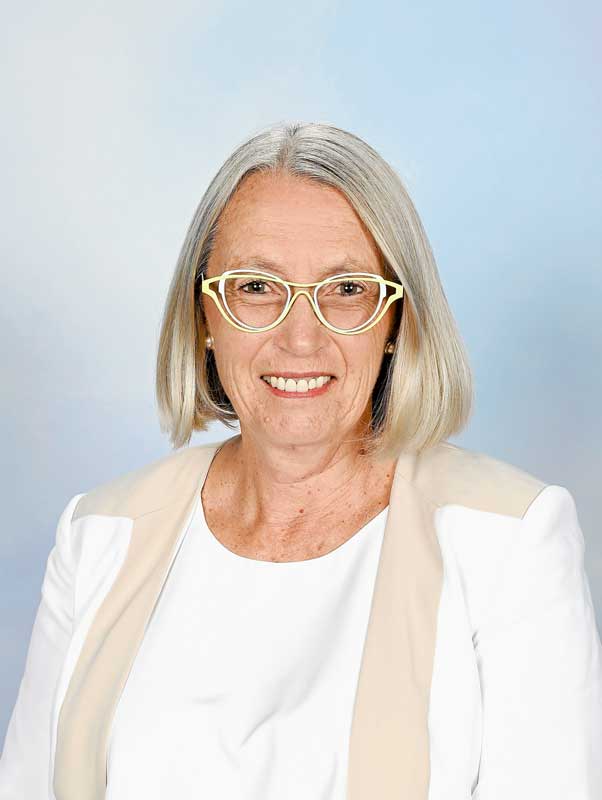

For a small number of students, learning and maintaining interest in school is a challenge. How do I know this, in my day, I too might have been classified as a disengaged student? In later years however I moved on and eventually got that degree in engineering, albeit as a mature aged student.
Today it is no different. Our education system and style of competitive learning is going to leave some kids behind just through the sheer weight of numbers.
Greater Shepparton Secondary College (GSSC) is a $120M project in flux. Currently spread out over three campuses, as with any school, there are a small cohort of kids who have lost interest and have become disengaged.
The open question on what leads to that is difficult by itself, are the kids disengaged or simply not being engaged?
GSSC have put in place a program to address it. In part, due to the transition and the lack of appropriate space in the current accommodation, the Invergordon Primary School, now vacant, will be adapted to take the 20 or so students from years seven to ten along with five members of staff as a precursor to addressing that disengagement.
While some naysayers have protested the move, Genevieve Simson, the executive principal at GSSC said, “This is a collaborative effort. The kids are not being sent there unilaterally but it is agreed to by the parents and the kids that this possibly offers them the best opportunity for them to catch up through short-term, intensive education.”
The Scandanavian countries, who repeatedly show the highest level of education in OECD countries, have been addressing disengaged students for forty years with success. Recent studies have indicated that addressing student culture as a force for change. Pupils are not only supposed to learn to write and do maths; they should also learn to become independent and capable people. An important task for the school is to give the pupils an understanding of democracy.
GSSC is constrained in part by adherence to the Victorian Government NAPLAN approach, a national comparative assessment that works towards tests for the purpose of obtaining a qualification, an avenue that will eventually enable a person to work for someone else and eventually contribute towards the national economy.
That aside, the premise behind the new super school is that students across all campuses were falling behind scholastically which was the argument in favor of bringing all students together.
Local Member for Northern Victoria, Wendy Lovell said, “Disadvantaged students need an inclusive environment that inspires them to learn and be part of the broader school community. Concentrating disadvantaged students in one location will only produce negative outcomes for these students and our community. It was the premise given in making the case to amalgamate and here they are going in the opposite direction.”
Looking back to my own time, it was not so much my disengagement due to ability (a contentious point no less) but more, I was not being engaged, school was an uninteresting bore. I was chastened for failure which in turn heightened the disengagement. The race was lost.
In itself, the Invergordon program is an experiment, the outcomes still a supposition, a means of returning students to the arena that had previously enabled their disengagement in the first place with the hope they can stay on course without the need of another push start.
Unfortunately, some kids cannot see during their school life that their fuller life, outside of it is also destined to be a competition. Here is hoping the experiment works.





